Robotics for Upper Limb Rehabilitation (RULR)
Investigating the effect of Brain-Computer Interface-controlled robot mimicry on trust during upper-limb rehabilitation sessions.
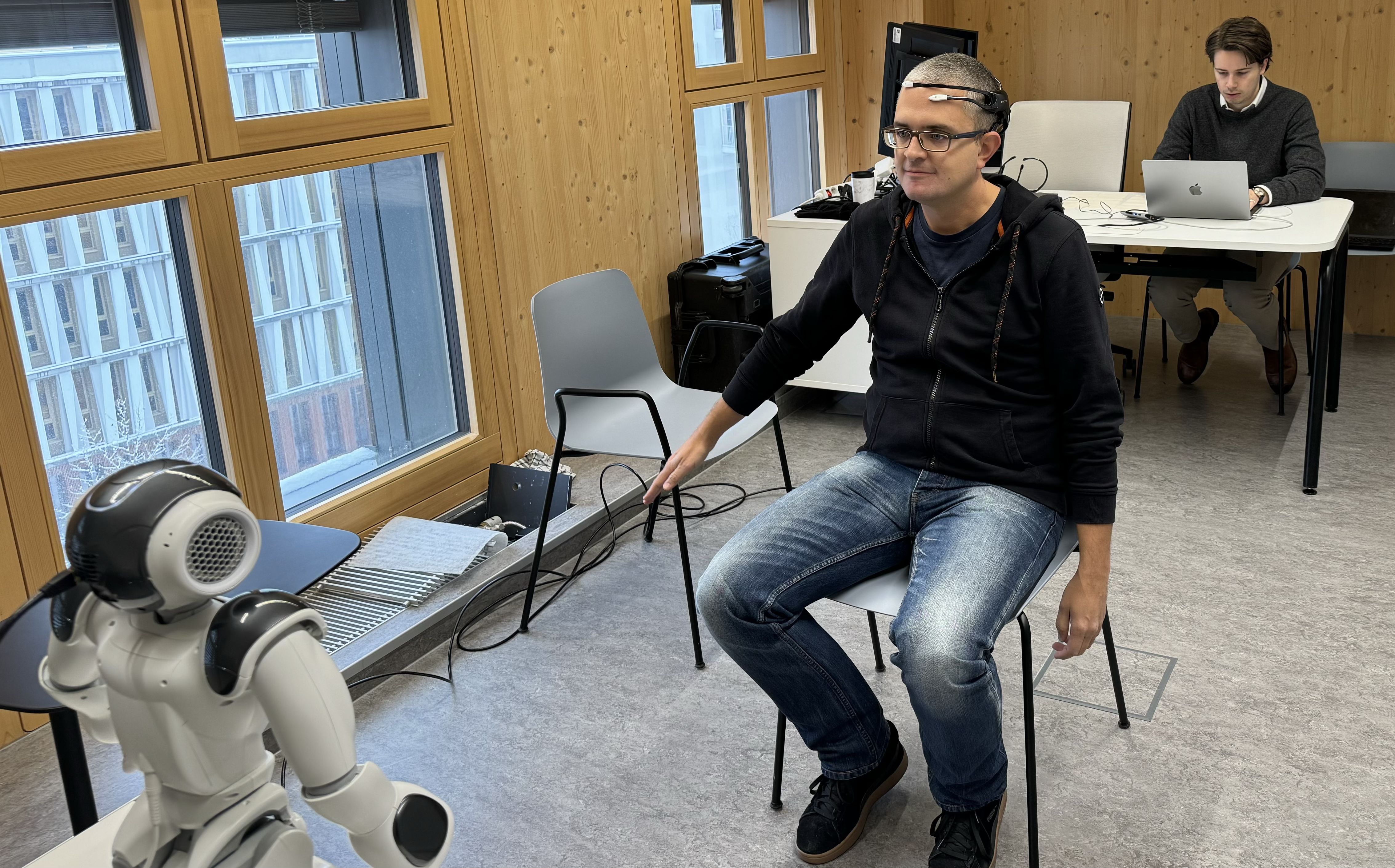
The wider Vitalise project aims to facilitate and promote health and care research across european living lab infrastructures. We won funding to perform a research study at the Austrian Institute of Technology.
In long-term rehabilitation, a strong level of trust between a therapist and patient is essential. With the increase in social robotic interventions in this area, understanding how trust can be gained between the robot and patient is a key research question.
We worked with the Austrian Institute of Technology and Tech2People - a cutting edge robotic physiotherapy centre in Vienna - to combine Brain-Computer Interface (BCI) technology with social robotics to investigate the effect of robot mimicry on trust during upper-limb rehabilitation sessions. Specifically, we attempt to provide the robot with insight into the patient’s intended limb movement, allowing the robot to mimic the patient’s movement in real time. We hypothesize that this will increase the level of trust between the robot and patient, and thus increase the effectiveness of the rehabilitation session.
People

Prof. Lynne Baillie
Principal Investigator
Department of Computer Science (MACS), Heriot-Watt University

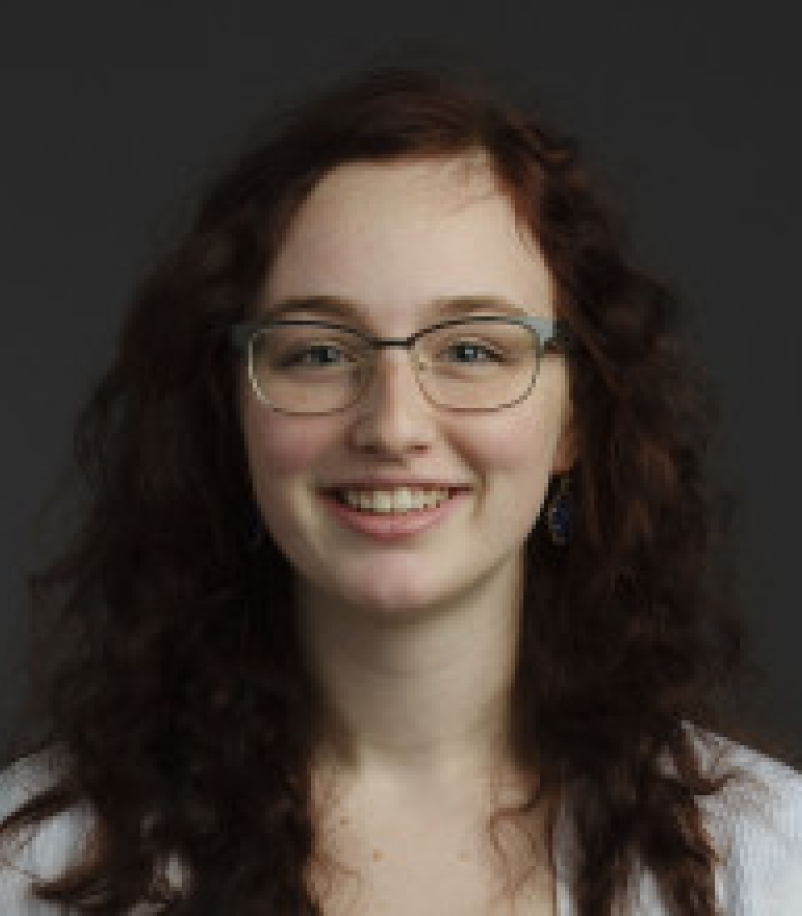

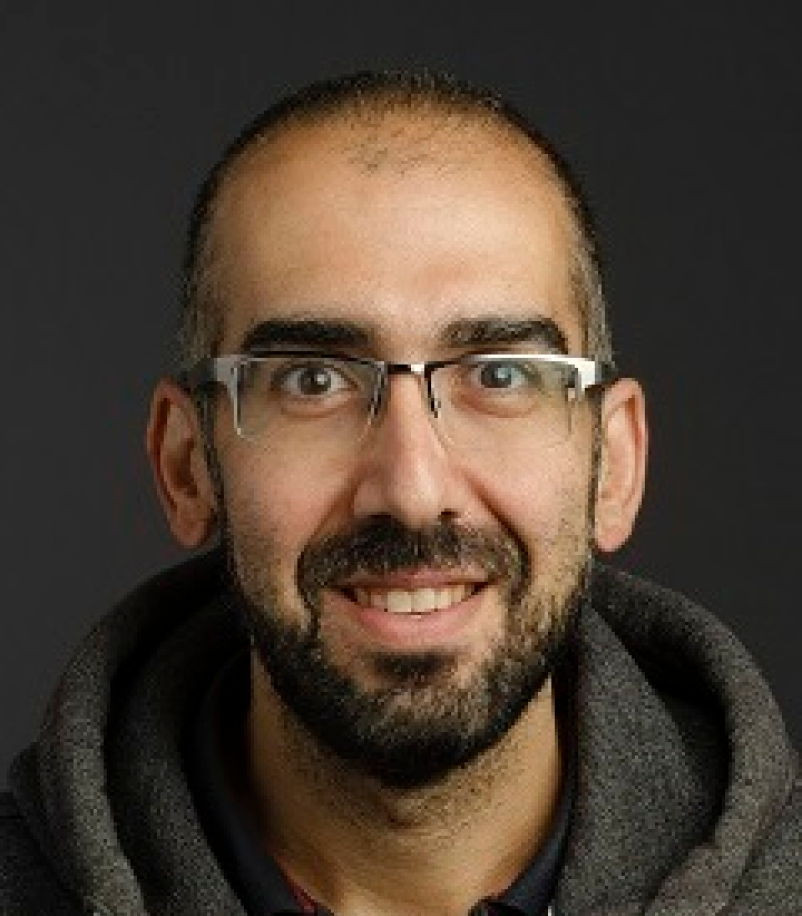
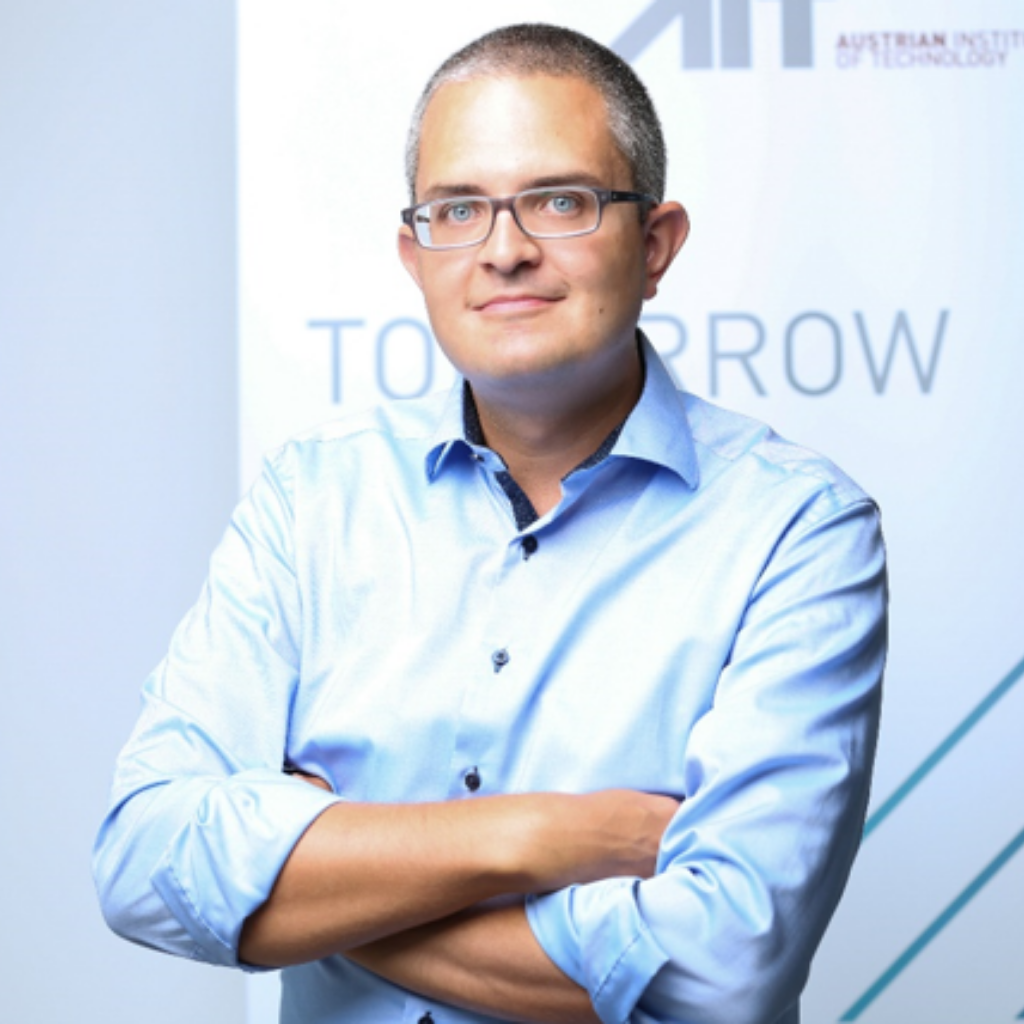
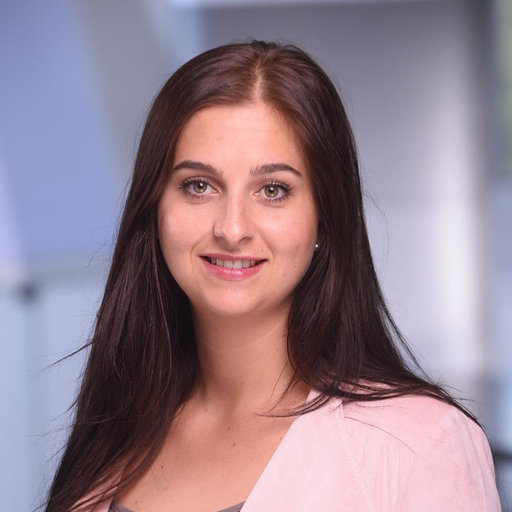
External Collaborators
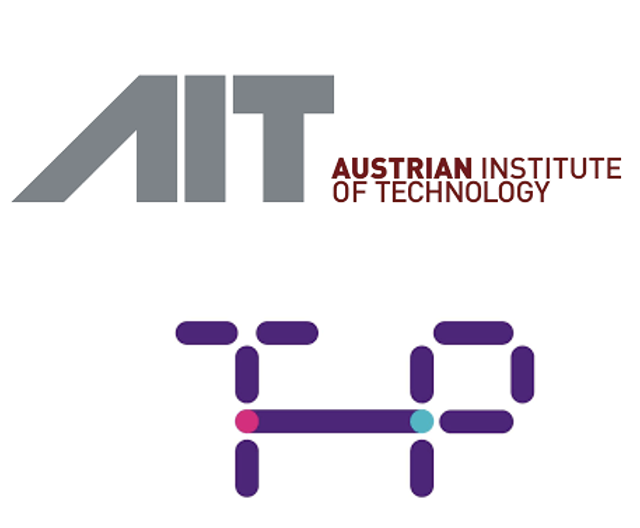
Austrian Institute for Technology
Funding

This project has received funding from the European Union’s Horizon 2020 Research and Innovation Programme under grant agreement No 101007990.